We were lucky to catch up with Aisha Raison recently and have shared our conversation below.
Aisha, thanks for taking the time to share your stories with us today We’d love to hear about the things you feel your parents did right and how those things have impacted your career and life.
My father was a conservative, and my mother gave me feminism. Growing up in the seventies, I had a variety of everything in my family, so I was constantly learning, running around with paper and pencil in my hand while taking notes of what I saw. My grandmother was a beautician who constantly took us to church and had us in programs with the Girl Scouts and Sunshine Band, so there was always a stage. So my parents had me participate in as much programs as possible along with her. The mix of my parents’ views made me eclectic, even for such a young age. The best part about my childhood is that they didn’t try to change me, but enhance and appreciate the things that I was becoming.
When I was around 14 years old, I asked my parents to buy me drums for Christmas. Instead, they bought me my first typewriter. As upset as I was that year that I didn’t get my drums, the typewriter changed my life. I was already writing constantly in notebooks and journals…poetry, short stories, plays, and ideas that would come to mind. But that brand new Smith Corona typewriter changed everything for me and made my ideas more concrete. When I started working on my first book, it was that typewriter that I used creating my first draft.
For me, my parents were responsible for piano lessons, my first radio, my first set of albums, and even my first camera. I got my first camera when I was 5 years old. I had taken pictures two years before that because my father told me that that small window inside the camera was what the world look like through my eyes. Because my upbringing, I was giving everything intellectually. There were views I may have not agreed with when I was younger, but I understand where they were coming from. After all, I was one of many children born in a world where integration was now the norm, and opportunities to do many things were available for my generation.
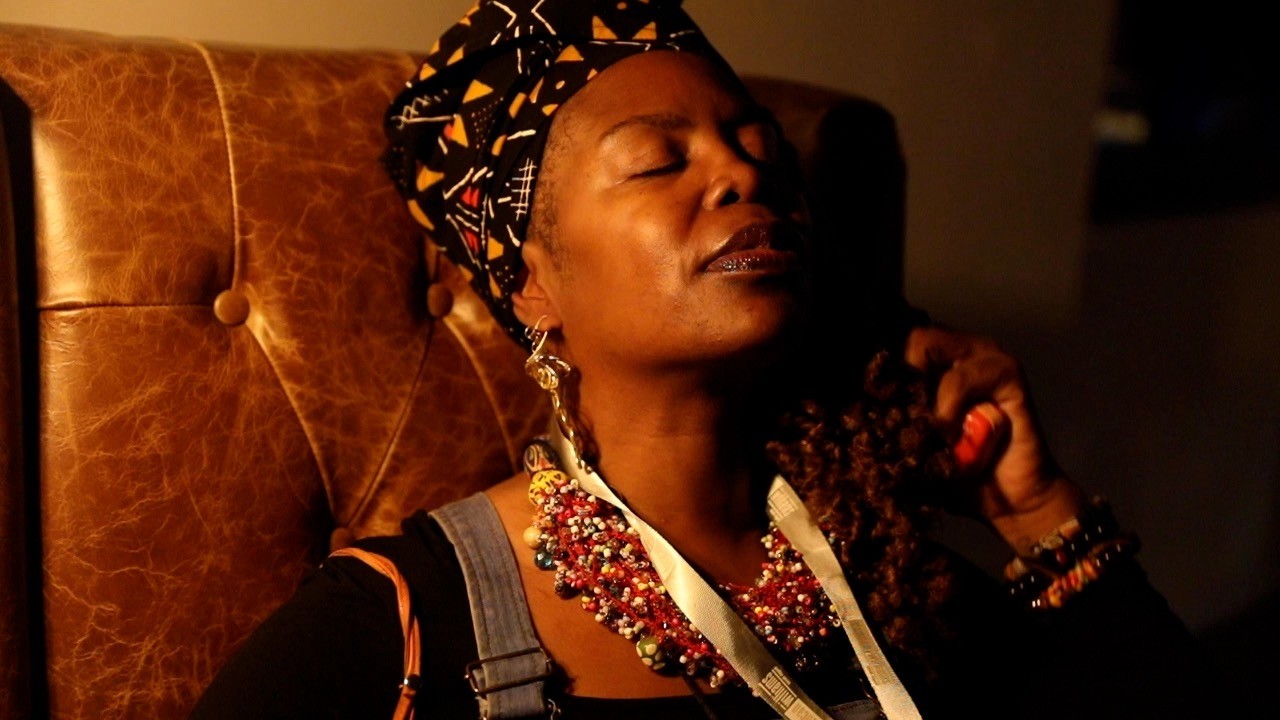
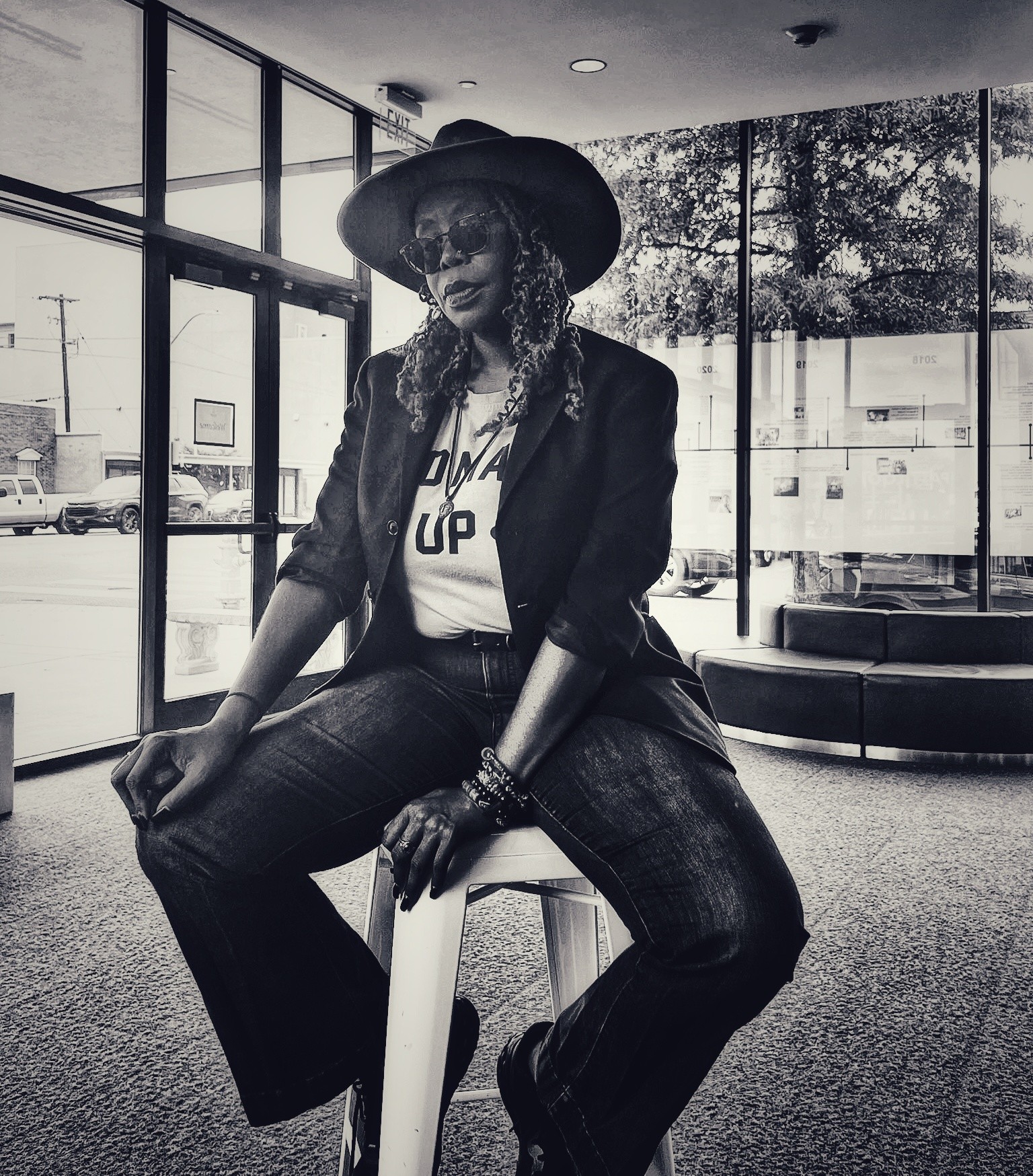
Awesome – so before we get into the rest of our questions, can you briefly introduce yourself to our readers.
I started as a poet in 1997, performing in Memphis in different cafes and stages. In 1998, I became the first African-American and first female poet to represent Memphis in poetry slam. I was in college while I honed my skills what is it by taking theater and literature. I traveled throughout the South as a poet for several years, writing chapbooks and performing.
In 2001, I fell into a career in radio at WSJS as a commercial writer, which is where I learned how to work in a studio and record. Around that time, I worked on my first spoken word album. I stayed in radio as a writer, creative, and journalist for several years until my layoff from Clear Channel in 2011. That company letting me go change my life, perhaps for the better. I went back to writing and published my first book, speaking in cursive and other adventures of little girl blue, in 2012. It was also during this time that I started learning how to film. It would be years before I did my first film thanks to my mentor Brigid Wheeler, but because of that down time, I had the opportunity to find out what I was made of.
I made my first film in 2017 with Girls Like Me, thanks to a grant given to me by Indie Memphis. They will responsible in helping me create three films, participates with programs such as ArtsMemphis and UrbanArt Commission, become a resident for Crosstown Arts, and several other great things that have fallen into my lap. Since then, I have had so many great opportunities to work with many great people and do great things. I went back and worked on my photography skills during covid, and it gave me the opportunity to become a photographer for a Fox station in Memphis.
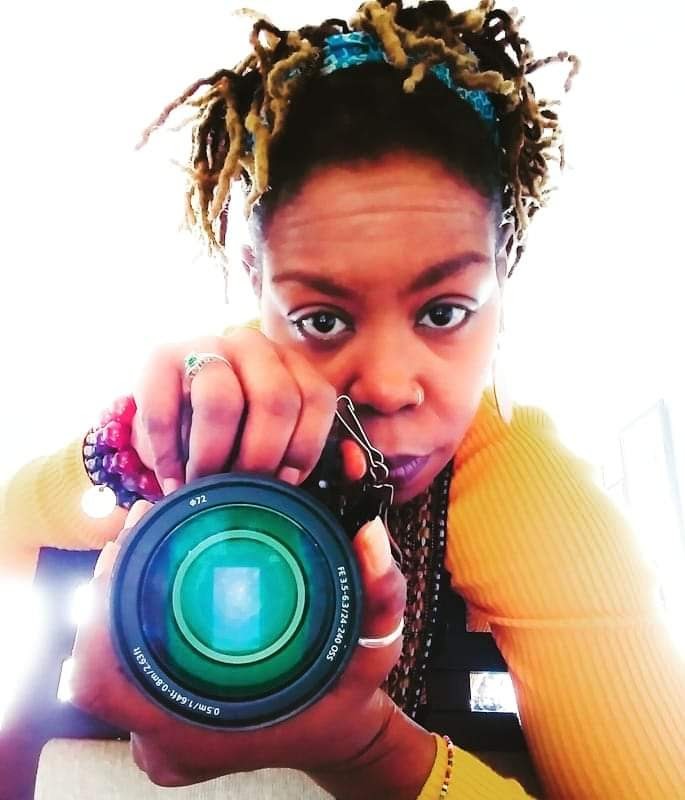
Do you think there is something that non-creatives might struggle to understand about your journey as a creative? Maybe you can shed some light?
Several times, I have had to hear from non creatives who thought that going the long way was getting nowhere. I’m happy to have grown up in a time before social media, before the internet, before you could easily make a video and put it online for the world to see. It taught me to get up and meet people where they are, to travel, to fulfill the need of those who would not suck in front of screens. COVID quarantine changed that completely, but I’m happy to say that I’ve had the best of both worlds. And still do.p
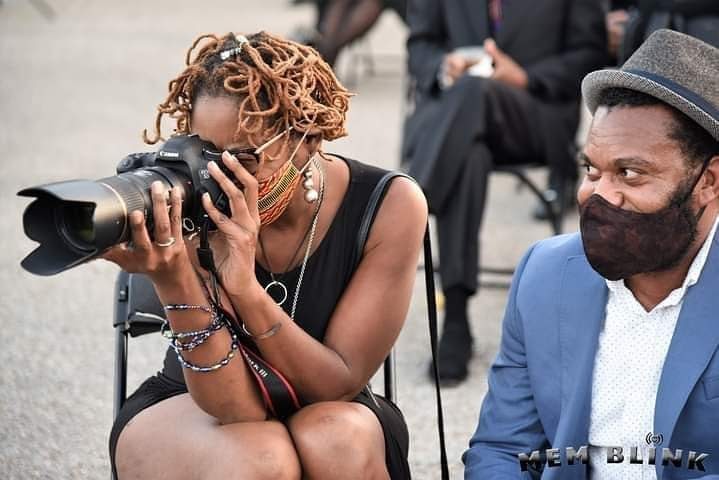
Learning and unlearning are both critical parts of growth – can you share a story of a time when you had to unlearn a lesson?
I had to learn to stop doubting myself. Growing up, I wasn’t any kind of classic beauty or even the smartest, but I would try to be as confident as possible with what I knew and what I learned. At times, however, I would run into people that thought that I was too weird, too silly, too ugly… the list went on. There were times where it was hard to keep confidence about myself and what I could do because of so many naysayers. I think I morphed into their thoughts and their voices a few times when it felt as if I couldn’t reach my goals. What I learned was inner peace…loving every part of myself, perfect and imperfect. I learned to tell myself that if it looks hard, it’s all the more reason why I need to learn that skill. In 2020, my best friend Jasmin Thigpen talked me into going back to school. I was a C student in high school, and I didn’t want to fail college. But I went back to school, and I worked in the warehouse while doing it. Needless to say, I conquered both: I excelled at my job while maintaining a 3.97 in school and graduating. Fear is not an option, nor is doubting yourself.
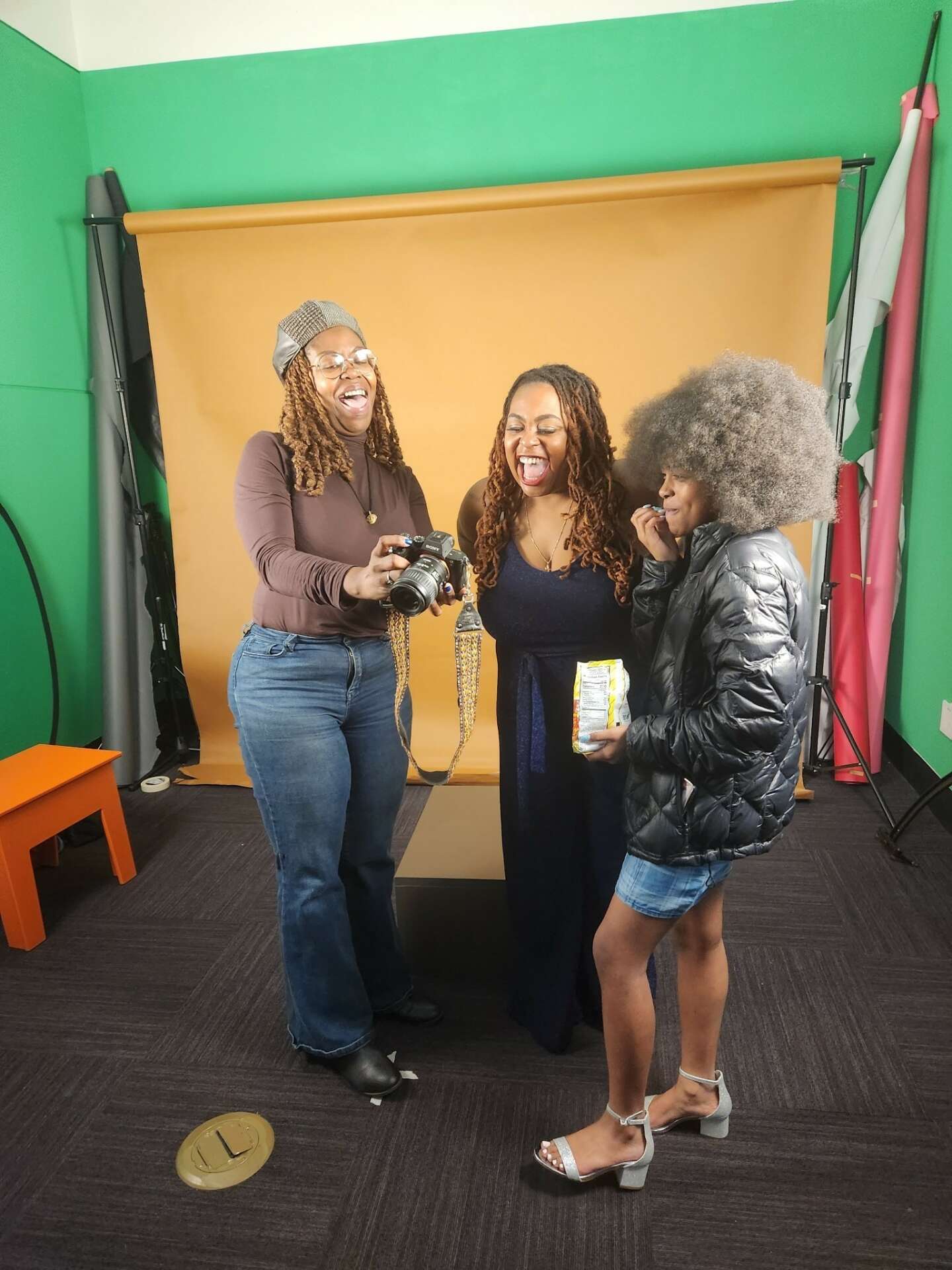
Contact Info:
- Website: aisharaison.com
- Instagram: @aisharaison
- Facebook: @aisharaison
- Linkedin: @aisharaison
- Twitter: @aisharaison
- Youtube: @aisharaison


